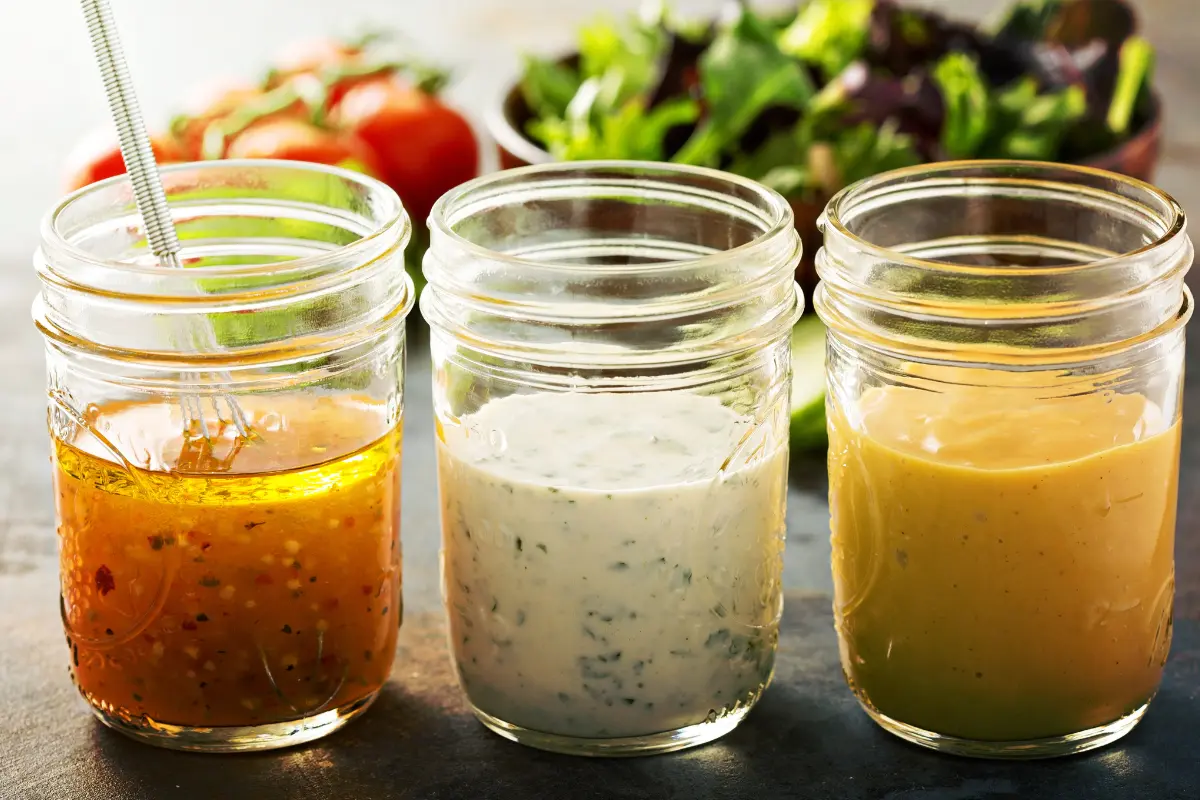
How much and what you eat directly impact the hormones responsible for hunger signaling. This, in turn, impacts if your diet is successful, sustainable, and enjoyable.
Today, we're breaking down which hormones are impacted when you cut calories and providing a few strategies for keeping your hormones as happy and healthy as possible when you have a weight loss goal.
What Are Hormones?
Defined simply, a hormone is a compound in your body that is created by one cell before traveling to and stimulating a response (or series of responses) in another cell. Hormones are chemical messengers and are imperative for healthy body functioning.
Hormones help regulate hunger, satiation, eating behavior, stress, sleep, mood, reproductive health, overall energy, and so many other processes in your body.
Advertisement
So, how does this apply to you? Well, the nutrients you consume from your food impact which hormones are being produced, when, and in what quantities. This means that caloric deficits and surpluses can affect hormonal balances in your body.
Here is a look at some of the major players in the hormone, hunger, and dieting game.
Hunger Hormones and Dieting
Hormones are complex, and many different things can impact the levels of a certain hormone in your body, from sleep quality to your menstrual cycle and much more. That being said, here is a simplified look at what happens to diet-specific hormones.
Leptin
Where is it from, and what does it do?
Advertisement
Leptin is produced by your fat cells and helps regulate fat storage, appetite, and metabolism. Leptin sends signals to your brain telling you, "I'm full!".
What happens when you cut calories?
When calorie intake goes down, leptin levels also go down.
So what?
When leptin levels drop, that "I'm full" cue weakens, leading to higher levels of hunger.
Advertisement
Ghrelin
Where is it from, and what does it do?
Ghrelin is mostly made in your stomach and tells your brain, "I'm hungry" (think: "stomach grumble ghrelin").
What happens when you cut calories?
Ghrelin levels go down right after a meal to tell your brain you are full. When calorie intake is chronically low, ghrelin levels go up.
So what?
Advertisement
The combination of dropping leptin levels and rising ghrelin levels stimulates hunger when you're in a calorie "cut" or "deficit".
Cholecystokinin (CCK)
Where is it from, and what does it do?
Dietary fat and protein stimulate the release of CCK in your small intestine. CCK slows down digestion in your stomach and indirectly tells your brain you are full.
What happens when you cut calories?
Even with a protein-controlled diet (aka, tracking macros and making sure you're getting enough!) CCK will drop because of the decrease in overall food intake.
Advertisement
So what?
When CCK goes down, hunger goes up. Getting adequate protein and fat in your diet is important, especially when you're in a calorie deficit. They help increase satiation as much as possible when calorie intake goes down.
Gastric Inhibitory Polypeptide YY (PYY)
Where is it from, and what does it do?
PYY is secreted by your small bowel and your colon after you eat a meal. It directly signals your brain that you are full and slows down your digestion.
What happens when you cut calories?
Advertisement
When you eat less, this direct satiety signaling happens less frequently, which increases hunger.
So what?
PYY goes up most in response to protein intake. So, just like with CCY, getting enough protein in your diet when you're in a caloric deficit is especially helpful in regulating hunger.
Glucagon-Like Peptide-1 (GLP-1)
Where is it from, and what does it do?
GLP-1 probably sounds familiar! GLP-1 Agonists are common medications for Diabetes and Obesity, and GLP-1 is a naturally occurring hormone that enhances the release of insulin in your small intestine after you eat carbohydrates. It also slows gastric emptying so you feel fuller and longer.
Advertisement
What happens when you cut calories?
When you eat fewer calories, you're likely decreasing carbohydrate intake as well, which increases hunger. And when you have less GLP-1, gastric emptying happens faster, which makes you hungrier.
So what?
When GLP-1 levels go down, huger generally goes up. Just like with CCK and leptin, higher GLP-1 levels are ideal if you want to feel full and satiated.
Glucose-Dependent Insulinotropic Peptide (GIP)
Where is it from, and what does it do?
Advertisement
GIP is made in your small intestine and pancreas and increases insulin production.
What happens when you cut calories?
An increase in insulin helps you feel fuller.
So what?
When you decrease calories, GIP goes down, and hunger goes up.
Advertisement
What about Cortisol and Dieting?
Cortisol is a hormone produced by your adrenal glands in response to a stress stimulus (ex, a work deadline, a high-intensity workout, running from a tiger, etc...). The primary function of cortisol is to increase energy (aka, blood sugar) that goes to your brain so you can deal with the stress in front of you.
How Does Cortisol Impact Hunger and Weight Loss?
Your body registers chronic low-calorie intake as "stress," and when your stress is chronically elevated, so is your cortisol. When cortisol is constantly high, so are your insulin levels, and higher insulin levels suppress fat loss. Cortisol is also responsible for potential water retention when you diet. It can bind to the same receptor that would normally bind hormones involved in water weight regulation.
Ensuring that your calorie intake is adequate to support healthy cortisol levels will keep your stress levels lower, fat loss on track, and contribute to a much happier, successful "cut".
Advertisement
Can You Diet In a Healthy Way?
The big takeaway here is that your body is smart! When you are in a caloric deficit, your hormones will shift in a way that encourages you to consume more calories. This is not a bad thing, it is an evolutionary attribute that has contributed to the survival of our species. This is also why being in a caloric deficit for a very long time can start to feel really tough! Thankfully, there are ways to deal with a lower caloric intake that still allows you to be as satiated and healthy as possible.
At WAG, our coaches are here to help you track toward your goals while managing all the different changes that happen in your body in response to a lower calorie intake!
Get a WAG Coach
Working Against Gravity has led the macro tracking and health space for over a decade. Our team doesn’t just understand the science of nutrition—we’ve spent years mastering the art of tailoring it to fit your life. That means no cookie-cutter plans, just real strategies that have worked for over 30,000 people.
Choose from our membership options and start working with an expert 1-on-1 coach today.



